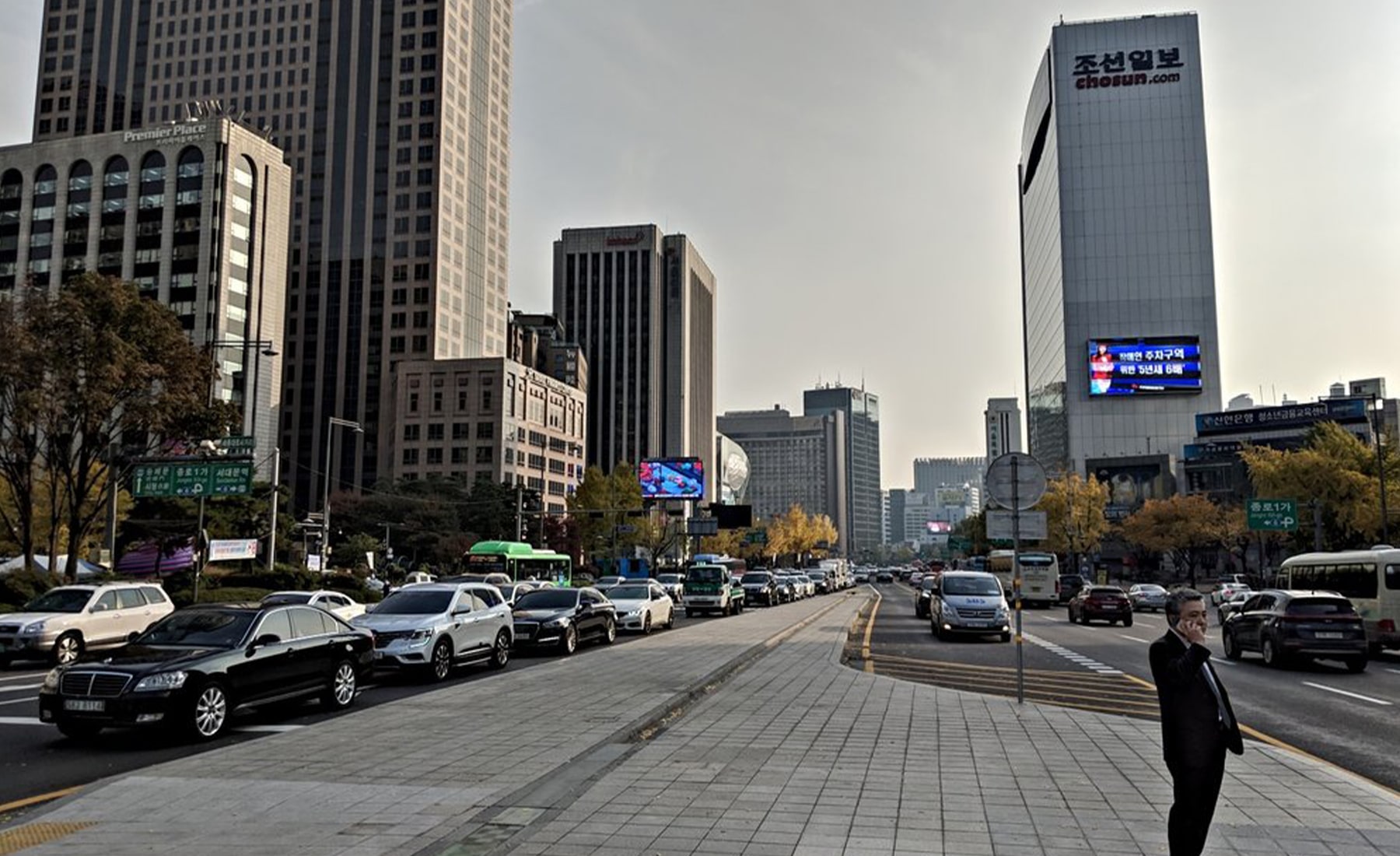CASE STUDIES
Minerals trader: supply chain due diligence assessment

Minerals trader: supply chain due diligence assessment
Kumi was commissioned by an international minerals and metals trader to assess the company’s approach to supply chain due diligence against the OECD’s Due Diligence Guidance. To deliver this assignment we applied Kumi’s Responsible Sourcing Diagnostic methodology.

Responsible Sourcing Diagnostic a key tool for gap analysis of supply chain due diligence
Our Responsible Sourcing Diagnostic approach enables a company’s approach to due diligence to be benchmarked against the recommendations of the OECD’s Guidance and any gaps or areas where improvement is needed to be quickly identified.
A Responsible Sourcing Diagnostic usually entails:
- Reviewing the company’s policies and procedures for due diligence, as well as examples of how these are applied throughout its operations and in engagements with suppliers.
- Interviews with management and key staff responsible for overseeing due diligence activities (e.g. compliance, commercial and operational teams).
- A final report benchmarking current practices against key requirements of the OECD Guidance and practical recommendations for strengthening alignment.
Ideal starting point for responsible sourcing strategy
The advantage of this approach is that it can be tailored to specific company needs, depending on its position in the supply chain and specific considerations regarding applicable legal and market requirements. The Responsible Sourcing Diagnostic is designed to deliver meaningful insights for minimal financial outlay; clients tell us it is an ideal platform for informing the development and prioritisation of a company’s responsible sourcing strategy.
Despite Covid-19 travel restrictions limiting our ability to physically travel to clients’ locations during much of 2020, our responsible sourcing consultants successfully delivered this Responsible Sourcing Diagnostic work fully remotely and within a similar timeframe to that achievable if we had been able to work more conventionally with in-person meetings.


